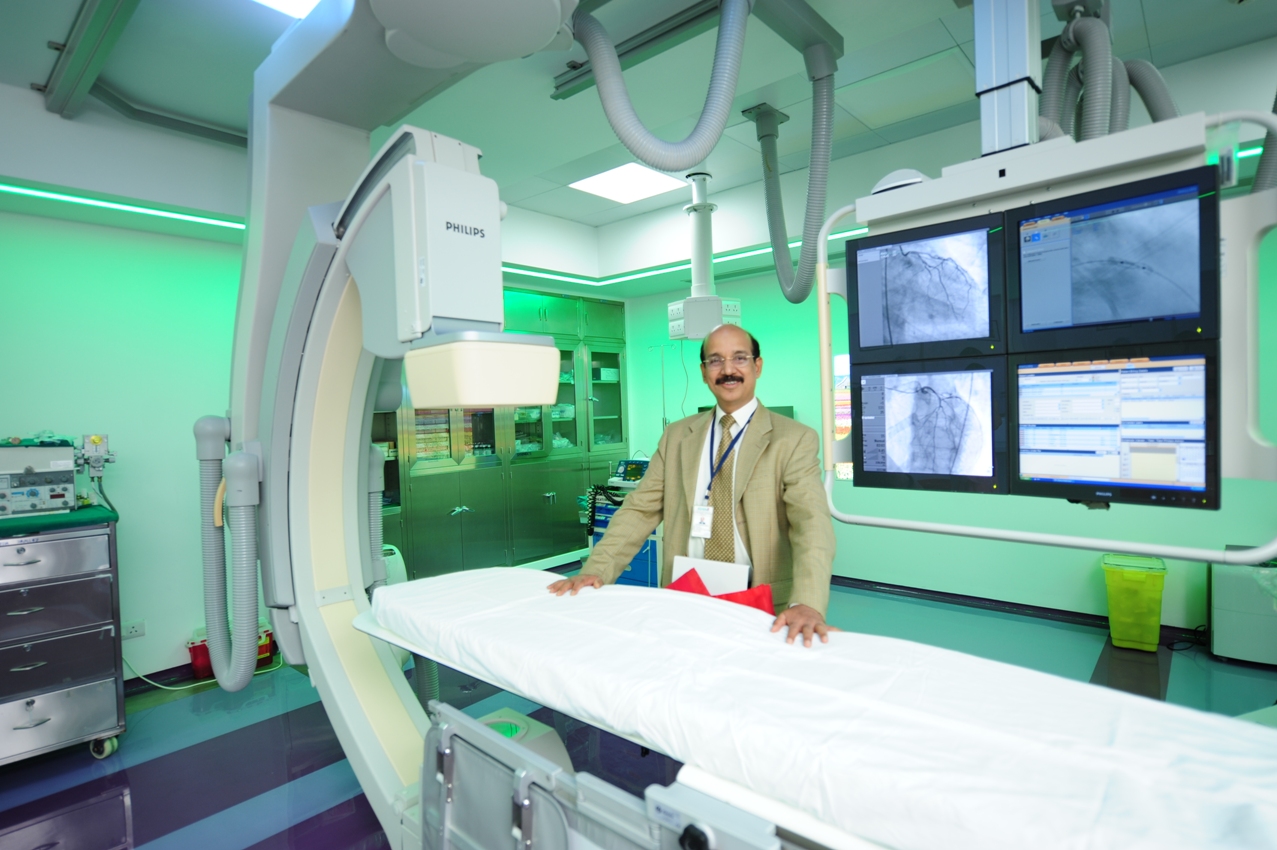 New Delhi, April, 2014: Medical Second Opinion, one of the leading Health care portal celebrated the success of its prominent and highly reputed Heart Surgeon, Dr.Ramakant Panda who recently established a world record feat of operating upon maximum blockages.
New Delhi, April, 2014: Medical Second Opinion, one of the leading Health care portal celebrated the success of its prominent and highly reputed Heart Surgeon, Dr.Ramakant Panda who recently established a world record feat of operating upon maximum blockages.
Medical Second Opinion has an aggregation of exclusive fine doctors like Dr. Panda and hospital providers from India and abroad. People who are connected with MSO consult such finest specialists from any part of the country without even stepping out of their homes. This medical portal not only cut down the travelling expenses but its trademark service of Connected OPD also brings doctors to your cities for face to face consultations.
Dr. Ramakant Panda is a world renowned Specialist who had even performed Prime Minister Manmohan Singh’s heart surgery. In his recent achievement, he performed a record breaking 12 separate bypass grafts on 58-year-old, Mithalal Dhoka at Asian Heart Institute, Mumbai. Dr.Panda’s name comes up very high on any list of the world’s top heart surgeons who performed high risk surgeries.
Mr. Sachin Chaudhary, Founder and CEO of Medical Second Opinion,Says, “ I am very glad to bring such renowned doctors with us who will not only give consultation but will travel to your cities. We personally feel that all those who are connected with Medical Second Opinion, they should get best treatment and access to some the best doctors belonging to different specialties”.
Some of the unique cases of Dr. Ramakant Panda are as follows:-
1. Most patients have 3-4 blockages. But this patient had 17 blocks making him almost inoperable.
2. Most patients undergoing bypass surgery in the world get 3-4 bypass grafts to major arteries of the heart. This patient had 12 bypass grafts.
3. The size of heart arteries determines whether bypass surgery is possible, also determines risk of surgery as well as long term results. Most patients have 3 major heart arteries more than 1.5 mm in size. Bypass to any artery less than 1.5 mm in diameter is technically very difficult and risky. Any patient who has only 1 mm size arteries, is almost inoperable and if operated has a very high risk. Instead of having 3 major arteries which is normal, this patient had more than 12 arteries which were all 1mm in diameter.
4. The entire surgery was done on a beating heart technique. Since most of his arteries were 1mm, it was very demanding to do so many bypass grafts to small arteries on beating heart and many more.
Website:- http://www.medicalsecondopinion.co.in

